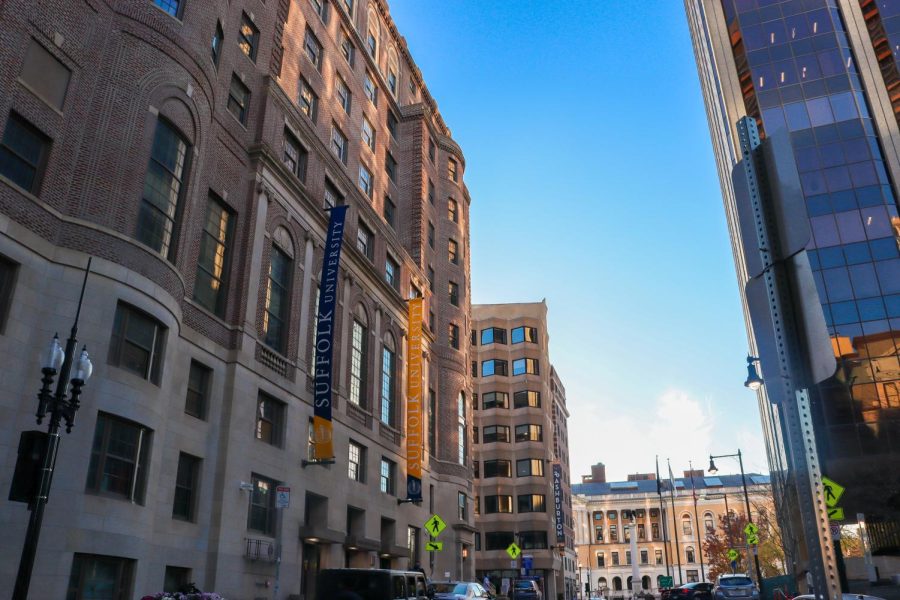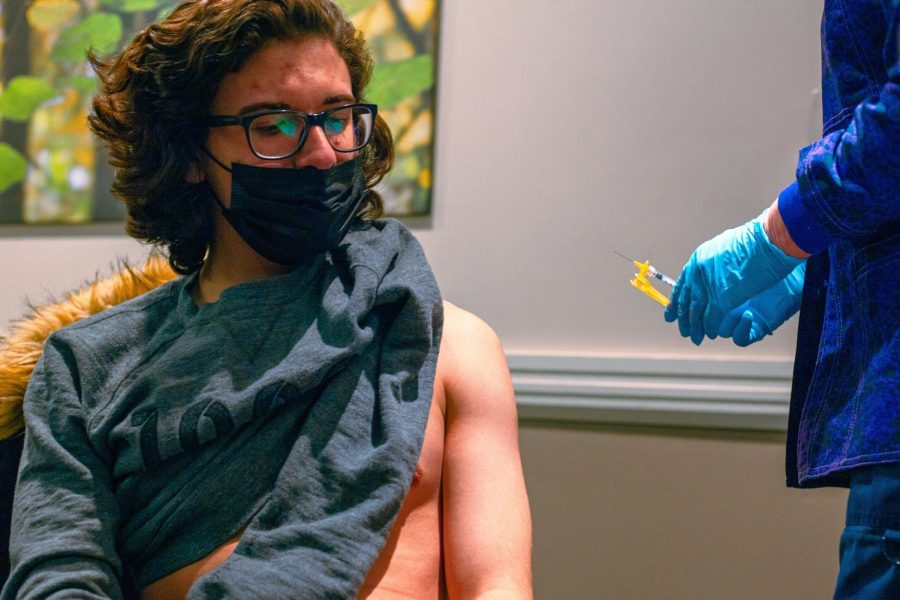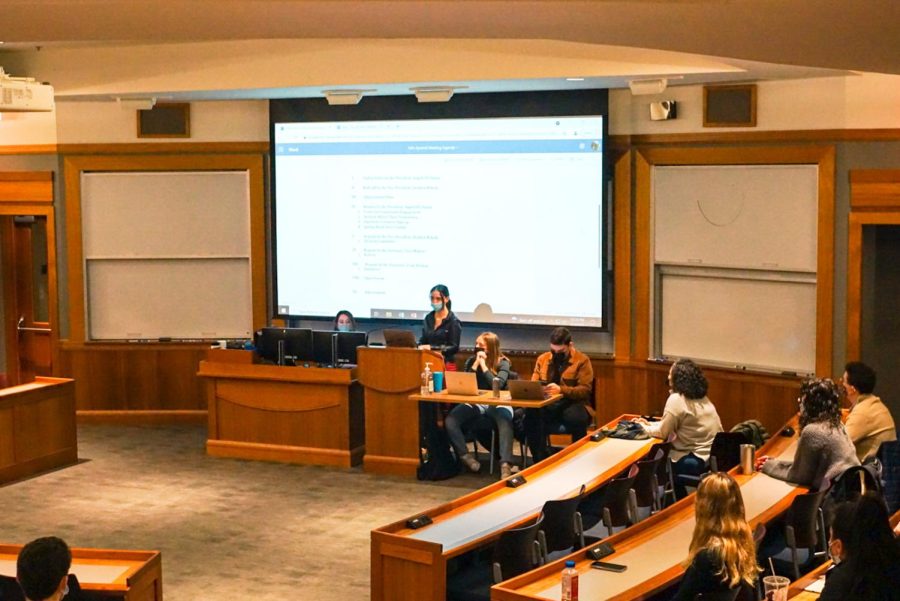Over 720 days, eight semesters, two years of a global pandemic and one and a half years of online schooling, the class of 2022 has overcome many obstacles.
For many, senior year in college can be both a scary and exciting time. This year’s group of seniors are reflecting back on four years of memories while also looking to a postgraduate future – something that feels bittersweet considering what was lost in the pandemic.
“College students are among the most strongly affected by COVID-19 because of uncertainty regarding academic success, future careers and social life in college, amongst other concerns regarding levels of anxiety and depression,” said Clemson University researchers examining the long-term psychological impact of COVID-19 on college students.
A recent study done by Montclair State University in New Jersey found that college students were heavily impacted mentally by the COVID-19 pandemic. Among the 4,714 students surveyed in this multi-institutional study, researchers found that most reported “being depressed or down,” as well as three-quarters reported feeling more anxious with uncontrollable worry.
Santy Sanchez, a senior at the Sawyer Business School, reflected back on the frustration he felt having to be stuck at home in New Hampshire for most of his junior year.
“I am very lucky to have a good relationship with my family, so living at home wasn’t bad, but it was definitely difficult to be there and do online learning while a lot of my friends were still in the city,” he said. “My professors were able to make classes pretty manageable given the circumstances, but it was hard sometimes to see benefits in this type of schooling.”
For many seniors, the concept of online learning has come to be an exhausting experience. With first having to make the quick transition to Zoom for the remaining months of sophomore year and then carrying into the entirety of junior year, some feel it has been a long schooling experience.
Hours sitting on Zoom for several days a week led to heightened levels of fatigue and isolation. In a 2021 Pew Research Center survey regarding technology usage during the pandemic, 40% of those interviewed reported feeling “worn out or fatigued often or sometimes” by the amount of time they spend on video conferencing platforms, such as Zoom.
Senior Briana Forgione said being on campus in Boston was a big lifeline for her. Being a commuter student, she said it has always been important for her to join clubs and be involved in any way she could, as it helped for her to make connections with other students.
Over the last few years, she has taken on several leadership positions within Suffolk, including working in the orientation office and being the traditions programming chair for Program Council.
When everything was put to a screeching halt due to the pandemic, Forgione said she started to feel the seclusion of being at home.
“Being home, it was really difficult to find a space for myself with all of my family being home at the same time,” she said. “There was no separation between my school, work and social life, as I was doing my campus job, online schooling and talking to friends all from my room.”
However, as the pandemic went on and vaccination rates went up in Boston, seniors like Forgione felt there was hope for some sense of normalcy for senior year.
During the summer of 2021, students received the long-awaited email from Suffolk President Marisa Kelly that the campus would be opening in full capacity and that a majority of classes would be in-person. Even with some restrictions, like face mask requirements for students and staff, Forgione said it felt like things were starting to return to some type of normalcy.
“Getting back onto campus obviously came with some anxiety after being away for so long, but it was so exciting to be back and getting to see everyone,” said Forgione. “It did take some time to reacclimate, but it felt like the community we had to leave so abruptly was still here.”




















